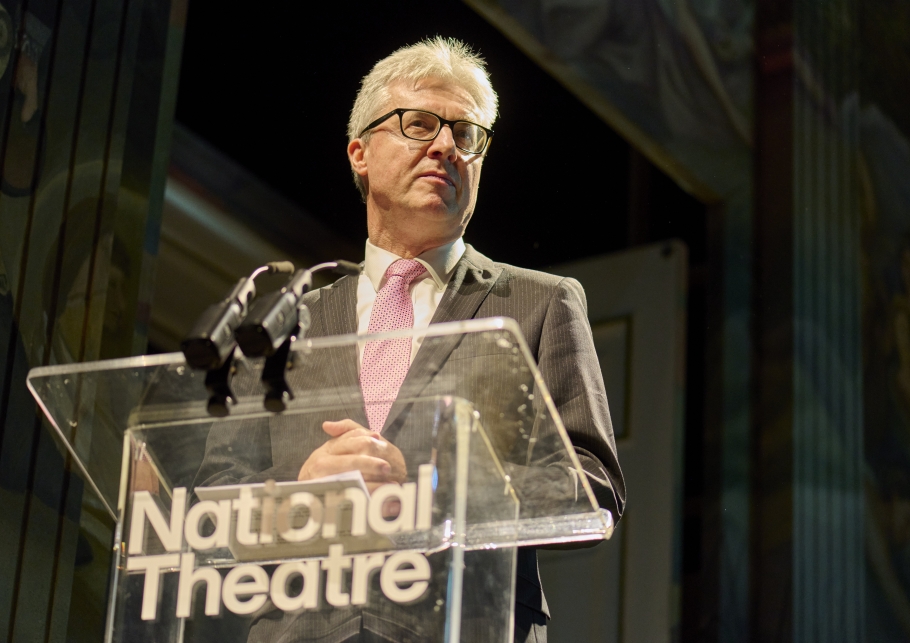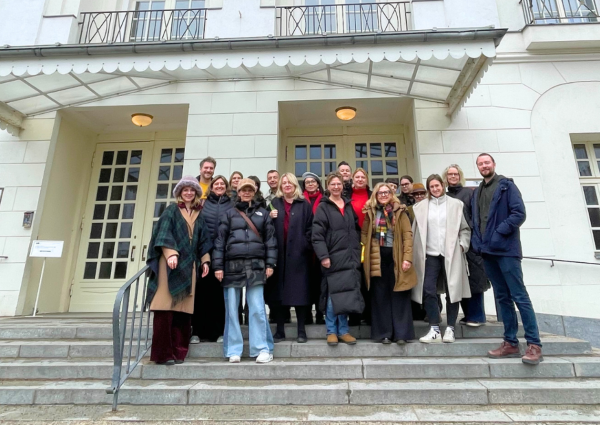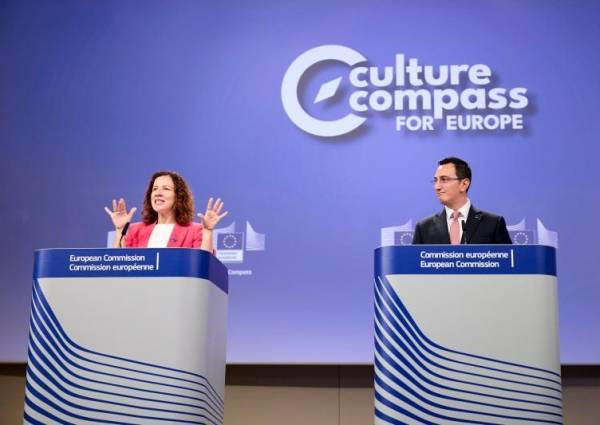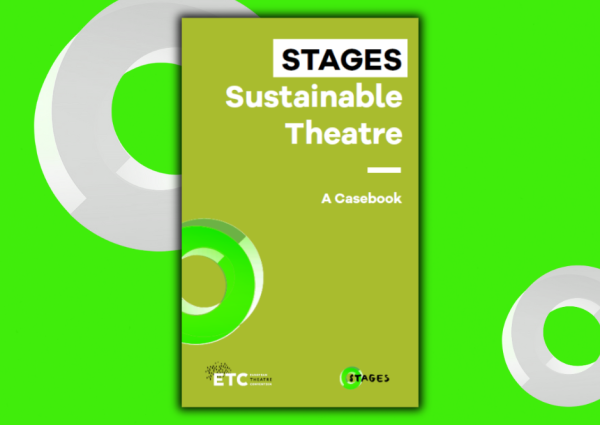- Global leaders of the award-winning performing arts sustainability initiative hold summit meeting at National Theatre in London
- New Theatre Green Book charity will co-ordinate global theatre’s climate response
- Theatres determine key steps to accelerate progress & European Theatre Convention (ETC) joins global partners on highlighting the importance of a shared framework for sustainability in our sector
Leaders of the Theatre Green Book sustainability initiative came together for the first time on 14 November 2025 at the UK National Theatre’s regular sustainability event. Sustainable Theatre: Global Challenge was produced in partnership with the Theatre Green Book, the leading global initiative for sustainable theatre (see below). Dedicated to international collaboration, it explored how to accelerate and spread progress.
More than 500 participants joined from 23 countries and 285 organisations.
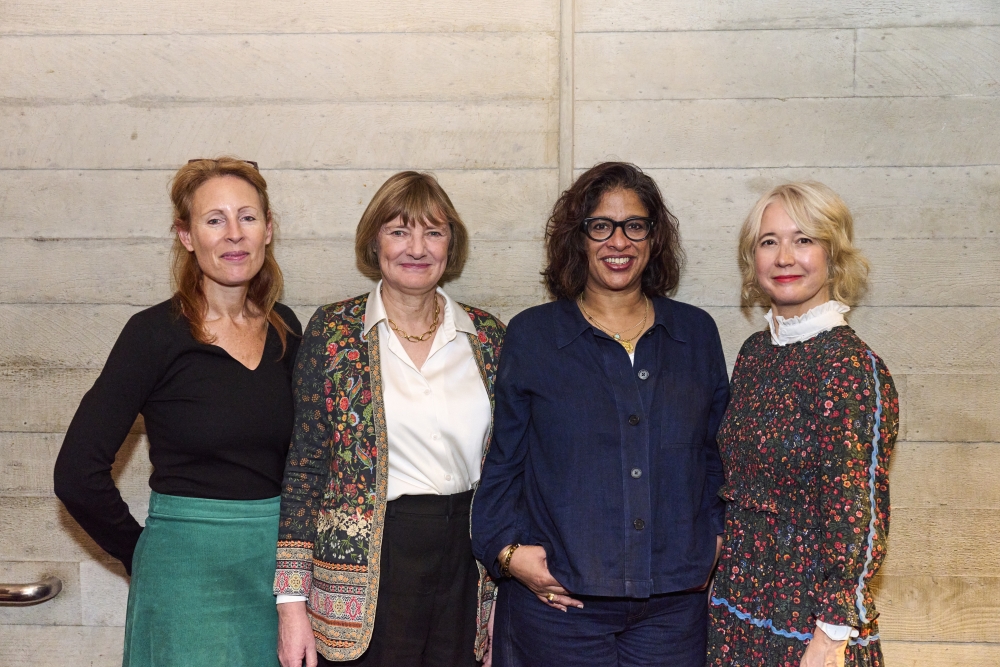
The National Theatre meeting brought together Theatre Green Book networks from the UK, Ireland, Germany, France, Italy, Spain, Denmark, Sweden, Finland, the Netherlands, Lithuania, Hong Kong, Taiwan, South Korea and the Arabic-speaking world, along with close partners the European Theatre Convention, Opera Europa, Broadway Green Alliance, and Opera Latinoamerica. It took place alongside COP30 meeting in Belém.
The keynote address was delivered by European Commission Director of Culture Mr Georg Häusler, who described the Theatre Green Book as nothing less than a green revolution in theatre. While being realistic about the challenges for sustainability, Georg Häusler strongly endorsed the value of a global common approach, and the power of networks to accelerate the sector’s progress towards net zero. He celebrated the progress the Theatre Green Book has already enabled.
The event announced the establishment of a new Theatre Green Book charitable organisation dedicated to furthering the adoption of the Theatre Green Book, co-ordinating its development, and establishing a permanent arrangement for sharing expertise and best practice.
Abigail Pogson was announced as Chair of the new organisation. A universally-respected arts leader, Abigail will soon take over as Chief Executive of the Barbican Arts Centre. She currently sits on the National Council of Arts Council England and is Vice President of European Concert Halls Organisation.
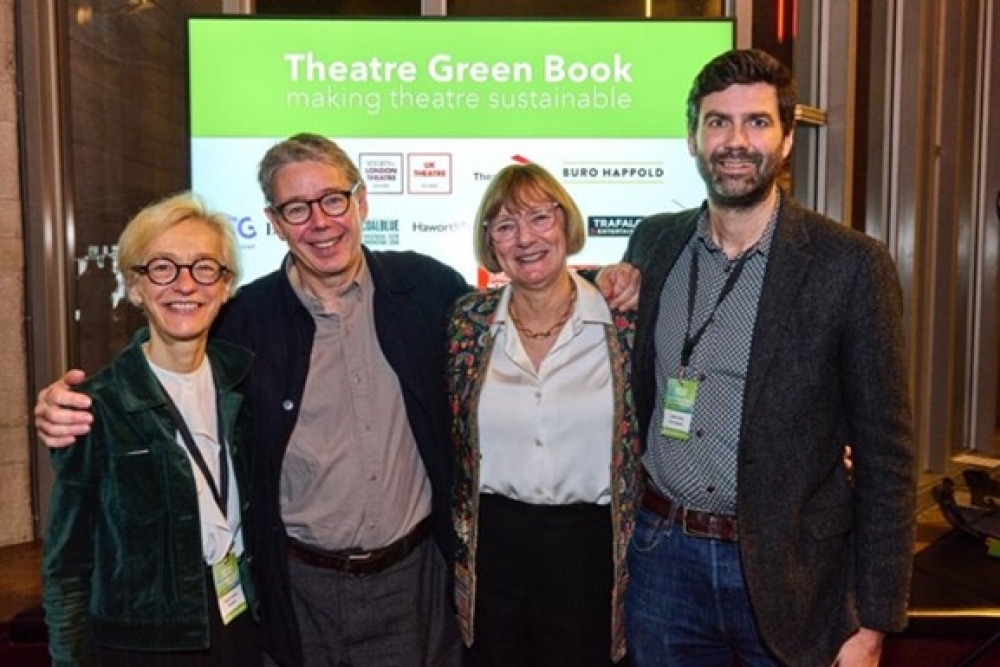
Theatre Green Book networks pledged to accelerate growth through closer collaboration, communication, and information-sharing to build on the impressive achievement so far.
Key themes of the conference:
- To use theatres power to reach the public through our audiences
- To keep prioritising climate action despite the other challenges theatre faces
- To share expertise between theatres
- To keep Theatre Green Book networks open and inclusive
Speakers at the event included:
- Georg Häusler, Director of Culture, Creativity and Sport, European Commission
- Indhu Rubasingham and Kate Varah, joint CEOs of the National Theatre
- Lisa Burger and Paddy Dillon, co-founders of the Theatre Green Book
- Justine Simons, Deputy Mayor of London for Culture
- Frédérique Sarre, Ministère de la Culture, France
- Anita Debaere, Pearle*
- Justin Audibert, Chichester Festival Theatre
- Sarah Moeremans, Het Zuidelijk Toneel
- Thomas Lauriot dit Prévost, La Monnaie, Brussels
- Sanne Brodersen, Royal Theatres Copenhagen
- Bob Brandsen, Dutch Opera and Ballet
- Celia Grau, Opera Europa
- Wesko Rohde, Deutsche Theatertechnische Gesellschaft
- Professor Anna Chang, Kong Kong Academy for Performing Arts
- Cláudia Belchior, European Theatre Convention
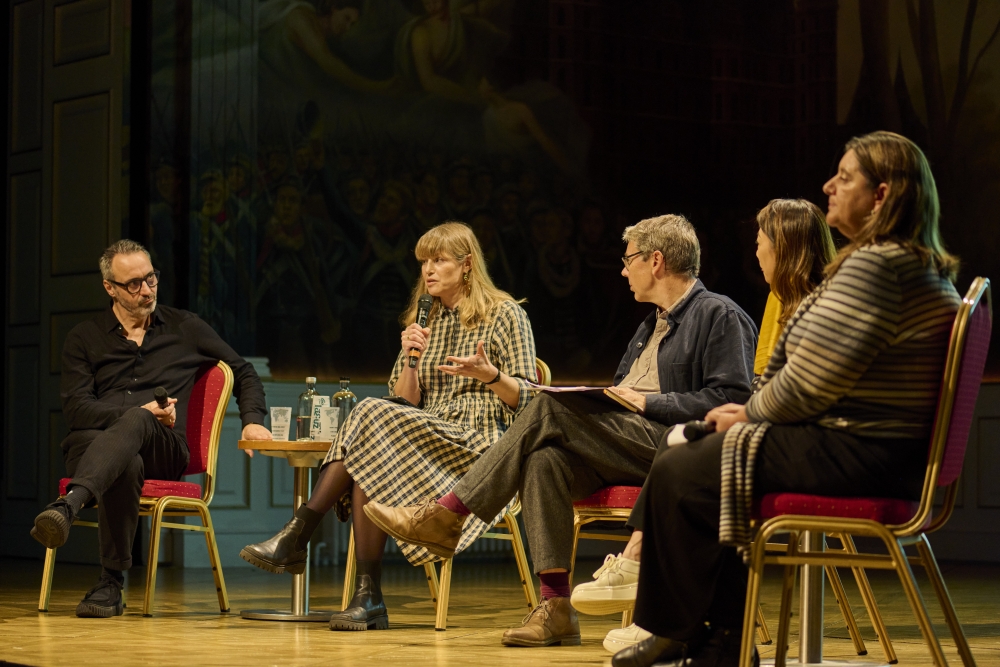
Quotes
Georg Häusler, Director for Culture, Creativity, and Sport at the European Commission, says:
What we are witnessing here is nothing less than a green revolution in theatre, driven by the theatres themselves. It is remarkable and inspiring that this initiative comes directly from the creative community, showing how imagination and responsibility can go hand in hand. The European Commission warmly congratulates the Theatre Green Book network, and all the partners involved, for their leadership and collective vision. Holding this event at the Royal National Theatre carries symbolic weight, showing how central these issues are for the cultural sector as a whole. Initiatives like the Theatre Green Book have the power to shape the cultural and sustainable future of Europe, and they mirror our own work under the Creative Europe Programme: setting a common direction, building shared commitments, and ensuring culture plays its full role in the great transitions of our time.
Abigail Pogson, Chair of Theatre Green Book, says:
Over five years Theatre Green Book has created a powerful national and international network to make positive change. In gathering today as a network we have seen and heard about the impact which collective action, generous sharing and commitment to innovation can bring. As we leave the gathering there is a new sense of purpose to work together to address the biggest issue we have in 21st century. In particular we recognise the responsibility which culture has in this.
Cláudia Belchior, President of the European Theatre Convention (ETC), says:
For us in ETC, sustainability in theatre can only move at the speed of collaboration. When about 80 theatres across Europe learn from one another, test solutions together and celebrate each other’s progress, change stops being abstract. Our commitment as a network is to keep this momentum alive with the ETC Theatre Green Book, to provide a shared framework and a strong collective voice, and to ensure that no theatre feels it is working alone. That is how we will build a climate-responsible, resilient European theatre sector.
Wesko Rohde, Executive Chair of Deutsche Theatertechnische Gesellschaft, says:
The DTHG was one of the first networks internationally to adopt Theatre Green Book, and start using it for our members. This is a real step forward to integrate Theatre Green Book networks, helping us work and plan more closely, share expertise, and co-ordinate our climate action.
Cover photo; Keynote speaker Mr Georg Häusler, Director of Culture, Creativity and Sport, European Commission © Tim Jobling


